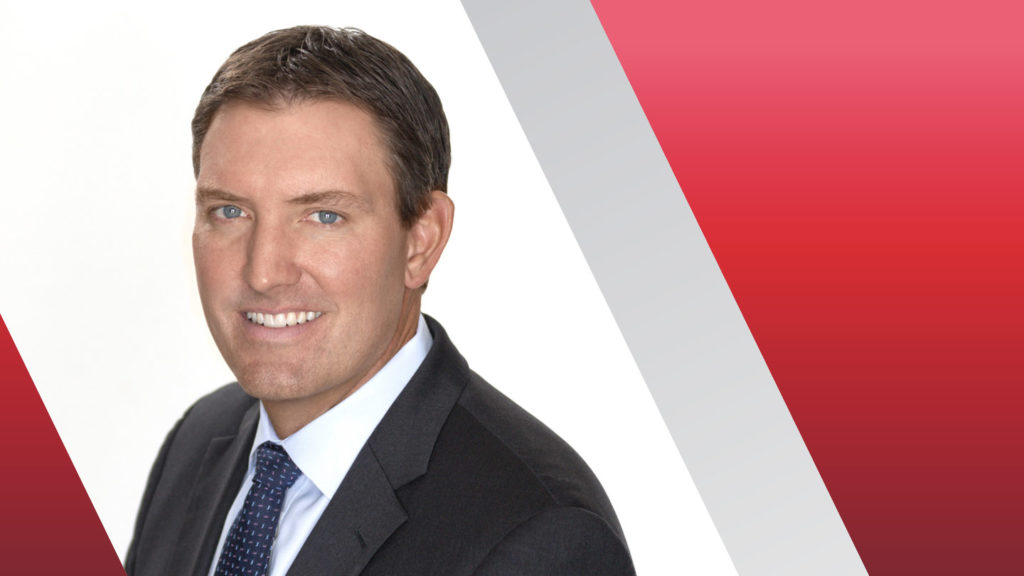
In a “pivotal” second quarter, Dallas-based Sonida Senior Living saw occupancy “surpass industry averages” from early 2023, an aggressive resident rate push and expenses moderate against a backdrop of “foundational” changes to create stability and growth opportunities, according to President and CEO Brandon Ribar.
The company’s occupancy and revenue growth year over year, along with the additional financial flexibility created by agreements with its two largest lending partners, have enabled the company to continue building on its operational momentum and prepare for strategic expansion, he said.
“Demand for senior housing continues to accelerate, and inventory supply remains low,” Ribar said in a statement.
Second-quarter optimism
Average occupancy for the company’s consolidated portfolio increased 120 basis points to 83.9% year over year, marking nine consecutive quarters of revenue growth in the second quarter. Resident revenue increased $5 million (9.5%) year over year, primarily due to increased occupancy and average rent rates.
Ribar said he expects the 20 basis-point occupancy improvement from June to July and strong net move-in results to further expand in the third quarter. Almost 60% of its communities have occupancy of more than 80%, although occupancy at eight communities is at or below 75%. Those eight communities, however, improved 410 basis points in occupancy in the first half of the year, and Sonida expects further improvement in the third quarter.
Resident rent rates increased 7.6% year over year compared with the second quarter of 2022, with additional rate increases expected. Sonida has shown positive rate growth in seven of the past eight quarters. Ribar said he expects further rate growth in the third quarter through elevated care increases and additional reimbursed resident programming.
Second-quarter operating income improved 31% year over year and 16% sequentially to $13.2 million — the highest level in three years, according to Ribar. A focused effort on growing rental rates and capturing appropriate level-of-care revenue while maintaining or improving occupancy was the primary driver of margin improvement in the quarter, he added.
Operating expenses for the quarter were $44.7 million, a 7.7% increase over the prior year’s quarter.
Ribar said that two significant labor management programs gained traction in the second quarter — the creation of dynamic staffing pools and the implementation of flexible shifts across clinical food service and maintenance — that resulted in stable labor costs in the first half of the year, with a 73% reduction in contract labor year over year.
Amid the growth, Ribar said the trajectory for improvement fell below the 2022 state of recovery. The company reported a net loss of $12.2 million for the second quarter, compared to a $7.4 million net loss for the prior year’s quarter, which included $9.1 million in federal grants.
Ribar told McKnight’s Senior Living the net loss incorporates a number of “unusual” items, including the extinguishment of debt associated with the Fannie Mae properties three years ago. He pointed to community net operating income on a year-over-year basis seeing strong improvement for the second quarter, which he said reflects the health of the business.
He added that the company controlled its expense profile well in the last year to increase margin expansion, which is “fundamental to a healthy growing business.”
“Our ability to control those expenses is important,” Chief Financial Officer Kevin Detz said, adding that in 2020 the company didn’t have today’s inflationary environment, the labor challenges exacerbated by COVID-19, or interest rate pressures. “We’ve been able to successfully navigate and set ourselves up for improving margins every quarter.”
Those improvements, Detz said, fed into Fannie Mae wanting to work out a deal with the company because there is a “flight to quality.”
Ribar said he’s optimistic. While the company saw good occupancy recovery that outpaced the industry average in 2021 and 2022, it had not yet delivered on margin recovery.
“I feel pleased the second quarter was able to show that strong improvement on the margin front,” Ribar told McKnight’s Senior Living. “We continue to see that as an important area to show we are differentiated.”
‘Foundational’ changes
According to its 10-Q filing Monday with the Securities and Exchange Commission, the company has undertaken several actions to address uncertainty about its ability to continue as a going concern, including implementing new strategic and operational plans to accelerate margin recovery upon the transition of its management team last fall.
At the end of the second quarter, the company completed the initial phase of debt restructuring, covering 49 assets financed by Fannie Mae and Ally Bank. The restructuring and forbearance agreement will provide the company with additional financial flexibility to build on its operational momentum and allow it to continue a “swift pivot” to pursue strategic growth opportunities, Sonida said.
In connection with the Fannie Mae forbearance and the Ally amendment, the company entered into a $13.5 million equity commitment agreement with Conversant Dallas Parkway for 18 months.
Assuming good continued operating performance and completion of the loan modification agreement at the end of the third quarter, Ribar told McKnight’s Senior Living, issues tied to its going concern have been addressed.
“These agreements represent foundational improvement to the financial stability of Sonida and provide fuel for new growth efforts,” he said. “We believe the combination of strong and stable leadership across our operating platform, the strengthening of our balance sheet and significant margin expansion in the second quarter position Sonida for continued success and growth in 2023 and beyond.”
The company is working to identify growth opportunities, which it expects to come from management arrangements and acquisitions.

